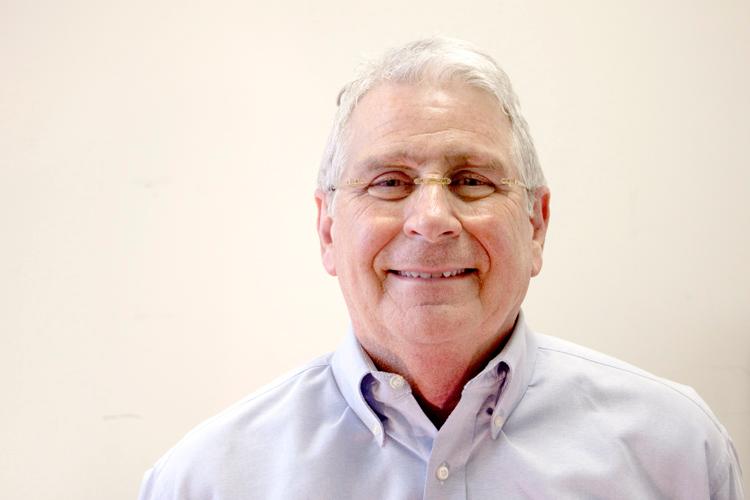Within hours after the shootings in Tucson, various competing narratives began to develop to explain the event. This kind of national discussion will continue, and it is not my wish to join it. I thought President Obama struck exactly the right note during his speech at the memorial service for the victims, and I don’t believe I can improve upon it.
Rather, I’d like to call our attention to what Congresswoman Giffords was trying to do. The event was titled Congress on the Corner. She was trying to bring government back to the people, which according to our founders, is where it belongs and where it derives its legitimacy. Bringing government back home is not as simple as it seems. In fact, the more we think about it, the task appears to be near impossible.
Consider the format for the congresswoman’s event. She set up in front of the local Safeway, a chain supermarket, on a Saturday morning. Her approach was classic. She went to the marketplace on market day to try and involve the people.
Notice that the number of people at the event, for which we can be ironically thankful, was relatively small. Apparently, more people were interested in shopping than in discoursing with their congresswoman. Also notice that most of the victims tended to be among the very young and the very old. These are the people who took the time, because they had the time.
This is understandable. People in mid-life are busy trying to make a living. Whatever non-work time they have is usually devoted to household management and family time.
Of course, there is also an underlying assumption that would additionally dissuade people from taking an hour or so to talk to their congressional representative – the silent conviction that the time spent would make no difference. So why bother? Time is scarce for working families, and not to be wasted on useless pursuits.
We can avoid the pep talk about how important it is to get involved. Congressional districts are made up of thousands upon thousands of people. The number of seats in the House of Representatives is frozen by law at 435, so we shouldn’t expect the situation to change in the absence of a change in the laws, which is unlikely.
Thomas Jefferson came to the conviction, late in his life, that if people were going to be participants in government, they would need to do so at the local level. For him civic engagement meant people participating in the hundreds, not in the thousands, let alone the tens of thousands.
This is not to say that federal, state and city governments should go away. We need them, much as they might tend to irritate and frustrate us. It is to say that we need to find more local, more rooted ways to get involved in the real business of becoming participants in government.
There will be plenty of people who will still stay home, but there will also be others who will walk down to the local school cafeteria, or its equivalent, and participate in the public decision making. This, of course, would mean devolving some measure power down from the federal, state and city governments.
Jefferson called for breaking the counties up into wards. For us today, Jefferson’s advice means bringing power back down to neighborhoods. We might be surprised at how much pressure this would take off of the other levels of government, and how much it might make us not only citizens, but friends.
Roger White is a professor of political science. He can be reached at
rwhite@loyno.edu
On the Record is a weekly column open to any Loyola faculty or staff member. Those interested can contact letter@loyno.edu

A woman leaves the Safeway grocery store, with a makeshift memorial, in Tucson, Ariz. Rep. Gabrielle Giffords, D-Ariz., is still in critical condition after a mass shooting at the location that left six dead on Jan. 15. (AP Photo)






